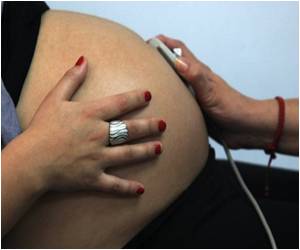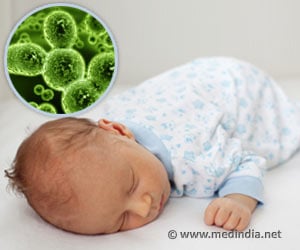Pregnant women with mild to high levels of celiac disease antibodies are at a higher risk for having babies with low birth weight, shows study published in Gastroenterology.

Researchers conducted a population-based perspective birth cohort study of 7,046 pregnant women, and categorized subjects into three groups: negative anti-tTG (control), intermediate anti-tTG (just below the clinical cut-off point used to diagnose patients with celiac disease) and positive anti-tTG (highly probable celiac disease patients). Fetuses of women with positive anti-tTG weighed 16 grams less than those of women with negative anti-tTG levels during the second trimester and weighed 74 grams less during the third trimester.
People with intermediate anti-tTG levels are generally not considered to be potential celiac disease patients, yet birth outcomes for these individuals were also affected. Infants of women with intermediate and positive anti-tTG weighted 53 grams and 159 grams less at birth, respectively, than those of women with negative anti-tTG.
"Researchers need to explore the natural history and long-term consequences of intermediate anti-tTG levels to determine if these levels are caused by pregnancy or whether it reflects a subclinical state of celiac disease that needs follow-up," added Jong.
Further helping to identify the connection between anti-tTG levels and celiac disease, a study in Clinical Gastroenterology and Hepatology reconfirms the recent European Society for Paediatric Gastroenterology, Hepatology and Nutrition (ESPGHAN) guidelines, which recognize that the likelihood for celiac disease increases with increasing antibody concentration.
Research from University Hospitals Leuven, Belgium, stresses the importance of also monitoring for relevant symptoms, such as weight loss, failure to thrive, anemia, iron deficiency or fatigue, when diagnosing patients, and notes that physicians should not rely solely on anti-tTG testing to make a diagnosis.
Advertisement
Source-Eurekalert











